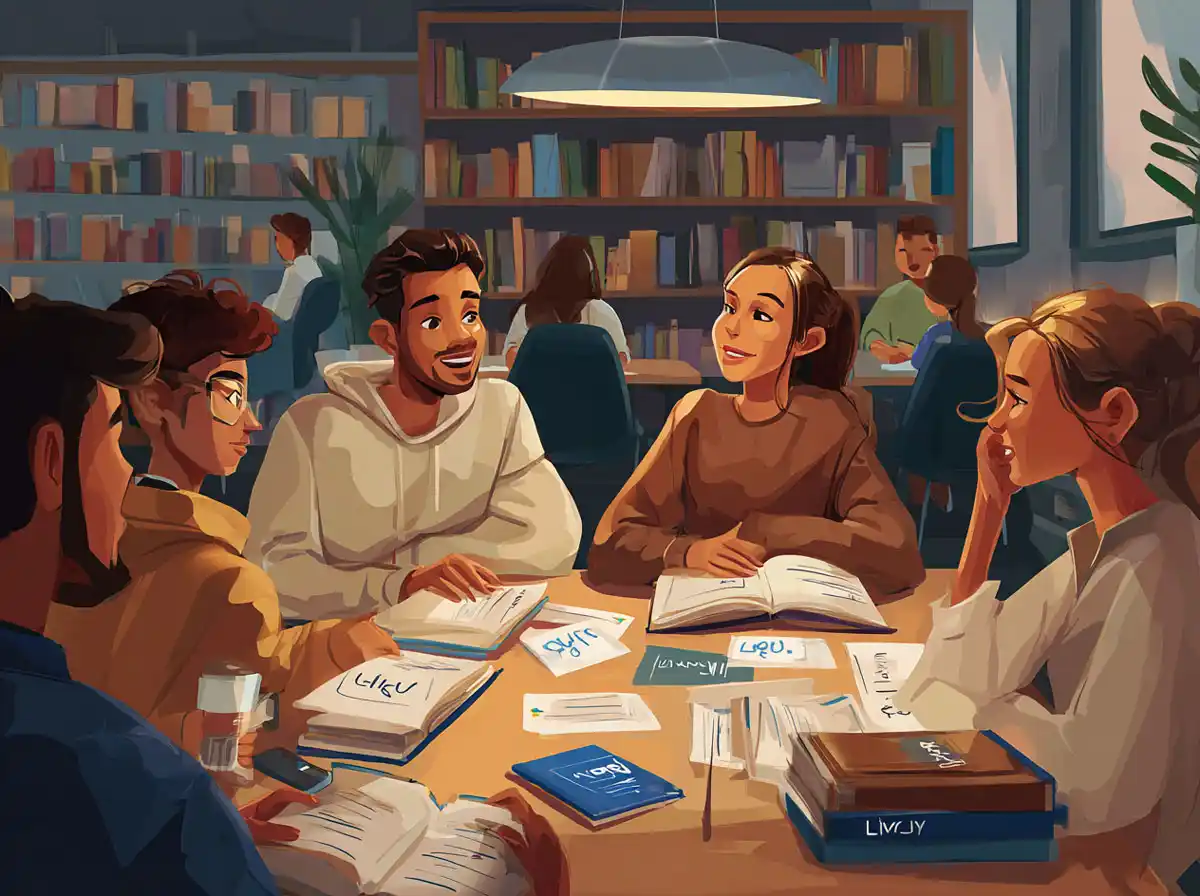Družina – Family
The word družina refers to the immediate family. This includes parents, children, and sometimes, depending on the context, other very close family members who live together.
Družina
This word means “family” in the sense of the immediate family unit.
Moja družina je zelo velika.
Vocabulary Related to Družina
Oče
This means “father.”
Moj oče rad kuha.
Mati or mama
This means “mother.”
Moja mama dela v bolnišnici.
Otroci
This means “children.”
Otroci se igrajo na dvorišču.
Sin
This means “son.”
Moj sin hodi v osnovno šolo.
Hči
This means “daughter.”
Moja hči rada bere knjige.
Brat
This means “brother.”
Moj brat igra kitaro.
Sestra
This means “sister.”
Moja sestra je zelo pametna.
Starši
This means “parents.”
Moji starši so zelo prijazni.
Babica
This means “grandmother.”
Moja babica peče najboljše piškote.
Dedek
This means “grandfather.”
Moj dedek rad pripoveduje zgodbe.
Sorodniki – Relatives
The term sorodniki is broader and encompasses all relatives, not just the immediate family. This includes aunts, uncles, cousins, and even more distant relatives.
Sorodniki
This word means “relatives” in a broader sense.
Moji sorodniki živijo po celem svetu.
Vocabulary Related to Sorodniki
Stric
This means “uncle.”
Moj stric je zdravnik.
Teta
This means “aunt.”
Moja teta ima tri otroke.
Bratranec
This means “male cousin.”
Moj bratranec igra nogomet.
Sestrična
This means “female cousin.”
Moja sestrična študira medicino.
Nečak
This means “nephew.”
Moj nečak je star pet let.
Nečakinja
This means “niece.”
Moja nečakinja obožuje risanje.
Pradedek
This means “great-grandfather.”
Moj pradedek je bil častnik v vojski.
Prababica
This means “great-grandmother.”
Moja prababica je vedno pripovedovala zgodbe iz preteklosti.
Comparing Družina and Sorodniki
While družina specifically refers to the immediate family unit, sorodniki includes anyone related by blood or marriage. Understanding the difference between these two can help you clarify your conversations when talking about family matters.
For example, if you are attending a family reunion, you might say:
Na družinskem srečanju so bili prisotni vsi moji sorodniki.
Here, you are implying that not just your immediate family (družina), but also your extended family (sorodniki) were present.
Additional Family-Related Terms
To further enrich your vocabulary, here are some additional terms that are useful when talking about family and relatives:
Svakinja
This means “sister-in-law.”
Moja svakinja je zelo prijazna.
Svakar
This means “brother-in-law.”
Moj svakar rad igra tenis.
Zet
This means “son-in-law.”
Moj zet je učitelj.
Snaha
This means “daughter-in-law.”
Moja snaha je zdravnica.
Tašča
This means “mother-in-law.”
Moja tašča obožuje vrtnarjenje.
Tast
This means “father-in-law.”
Moj tast je upokojenec.
Mačeha
This means “stepmother.”
Moja mačeha je zelo prijazna.
Očim
This means “stepfather.”
Moj očim rad ribari.
Family Gatherings and Celebrations
In Slovenian culture, family gatherings are quite significant. Whether it’s a birthday, a wedding, or a holiday, both družina and sorodniki often come together to celebrate.
Praznovanje
This means “celebration.”
Naše praznovanje je bilo zelo veselo.
Poroka
This means “wedding.”
Njuna poroka je bila čudovita.
Rojstni dan
This means “birthday.”
Moj rojstni dan praznujemo vsako leto.
Božič
This means “Christmas.”
Božič praznujemo z družino.
Velika noč
This means “Easter.”
Veliko noč praznujemo s pisanimi jajci.
Conclusion
In conclusion, understanding the difference between družina and sorodniki is crucial for effective communication in Slovenian when discussing family matters. While družina refers to your immediate family, sorodniki encompasses all your relatives. By learning the vocabulary related to both, you can express yourself more clearly and participate more fully in conversations about family and relationships.
Remember, language learning is a journey, and expanding your vocabulary is just one step on that path. Happy learning!










